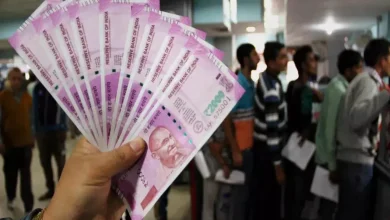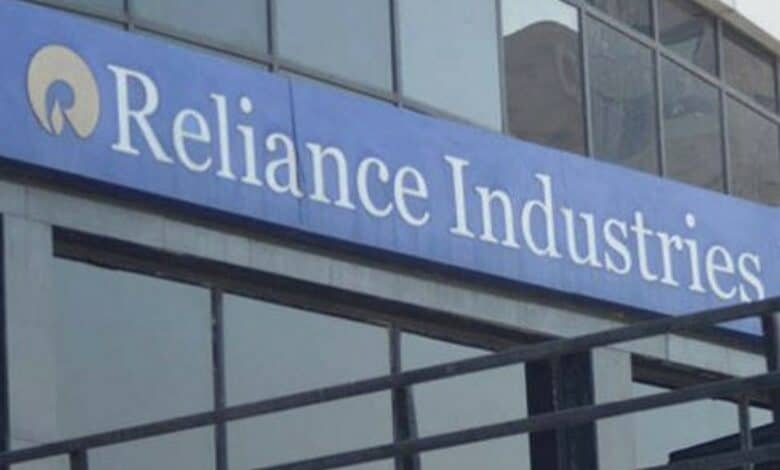Maharashtra: No Permanent Solution Likely In Onion Stalemate

Mumbai: The nature of interests of the stakeholders in the onion trade in Maharashtra has become so complex that any solution likely to be reached in the current dialogue is unlikely to be permanent unless the center significantly changes its import-export policies with respect to onions.
DCM Ajit Pawar held two meetings on Tuesday with onion traders from Nashik who have been on strike for over a week now. None of the meetings reached a conclusive decision, although all the stakeholders expressed satisfaction with the positive deliberations. Yet another meeting is planned for Friday (Sept 29). However, even if some resolution to the current stalemate is reached, it is expected to be purely temporary, according to the stakeholders.
Current Policies Hardly benefiting farmers
Due to the current policies employed by the center, farmers hardly benefit regardless of the onion yield. Changing the policies to ensure maximum benefit for farmers would lead to permanent solutions. However, the current policy of imposing a 40% additional export duty has closed off the means of selling the additional produce and has led to a stalemate.
The stakeholders are unhappy that when prices were low throughout the previous year and export promotion measures could have helped, no such steps were taken. The government spent Rs 1.6 lakh crore on the import of edible oils in 2022-23. Similarly, Rs 40,800 crore on fruits, Rs 9429.06 crore on pulses and cereals, Rs 59.040 crore on cashew nuts, Rs 36,080 crore on dry fruits, Rs 2.37 lakh crore on fertilizers, and Rs 48,000 crore on the import of spices.
African countries like Mozambique, Sudan, Tanzania, and Canada are new entrants in the international agro-market who thrive on the export of pulses and cereals to India. Australia and Myanmar are also rapidly rising on the list. Against this backdrop, India’s exports of onions and rice are being labeled ‘unreliable’ due to ever-changing policies regarding imports and exports. Flexibility in policies can be a welcome thing, but knee-jerk reactions would certainly make all stakeholders suffer, according to the stakeholders. This is the key reason why any permanent solution is unlikely.
















